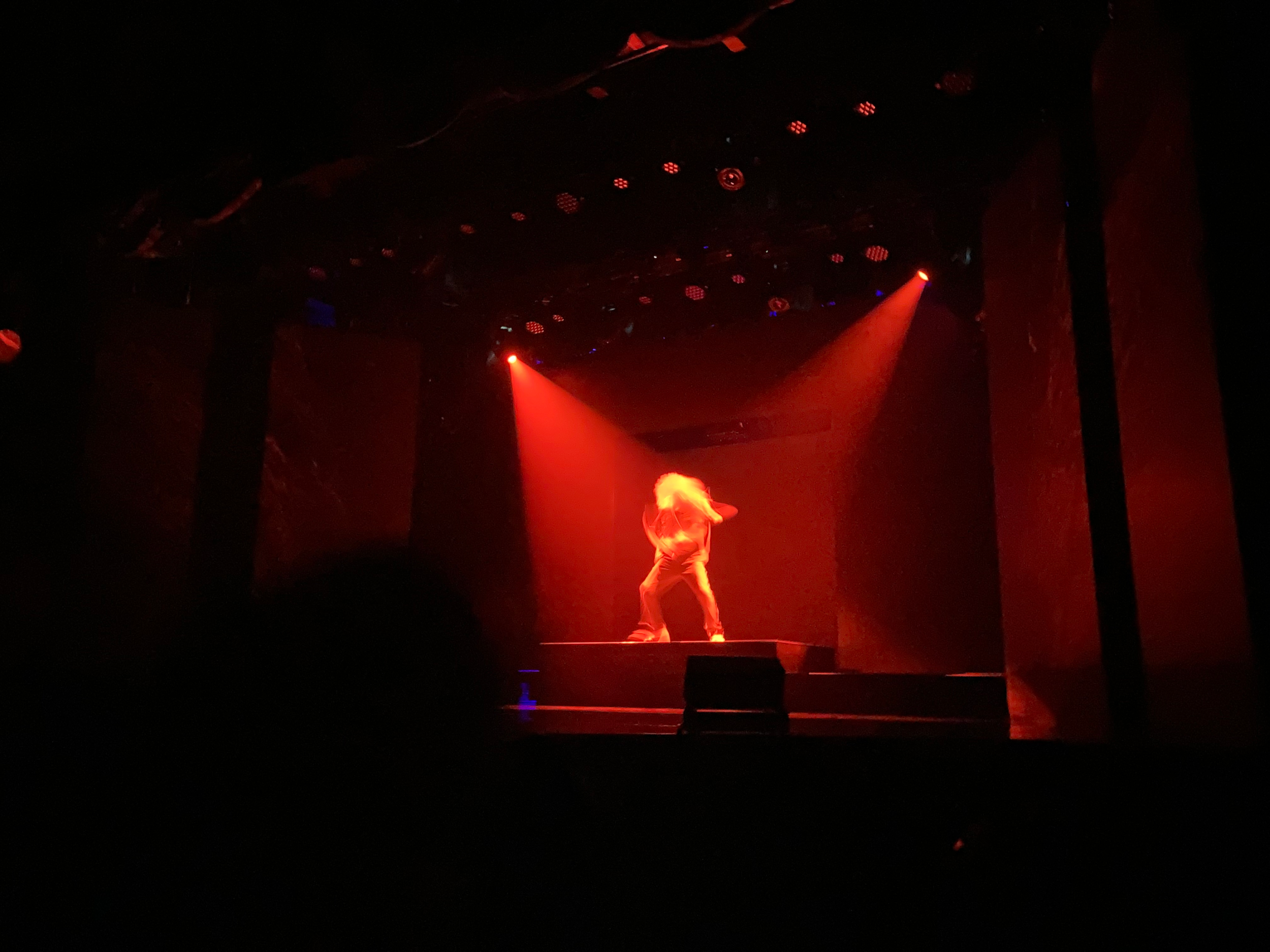The History of Breathwork
The History of Breathwork
Sitting to write this blog "feels" impossible. Thinking about sitting to write this blog "feels" mental. Breathwork is emotional. It saved my life, and I've heard plenty of stories about others being altered by the breath.
This subject matter is deep and spiritual work, but it's just breathing?
Yeah right pal. Wish we could control the narrative or practices with this technique by any self-proclaimed practitioner or yoga yogi bear guru healing wisdom shamanic breathwork energy worker. {eye roll} Total sha-maniacs out there.
The research on this topic IS impossible.
It's just so infuriating reading what exists already about the history of breathwork. Everywhere we look it's "Google Scholar" as the source of the information listed on the interwebs. Because zero consciousness or cultures influenced prior to the modern G-to-the-oogle. {smacks face}
There are hundreds if not infinite types of breathwork or ways to engage with breathwork as a form of healing therapy or practice with nervous system regulation.
"Oh yeah I've done breathwork, you know Wim Hof?" {gagging noise}
No, we aren't nauseous because Wim Hof and the Wim Hof Method are what have become popularized, it's that people ass-sume there is only one way of rebirthing. Wim Hof Method is a brand, not a conscious and biodynamic transformational breathwork method that dates to before any of us joined this physical life. Talk about stress?! {deep breath} There's no one person who can be responsible for the birth of breath and the benefits of breathing. We are very clear even in our own breathwork training that we occupy a space on a lineage drawing from ancient practitioners.
Who invented breathwork?
Dancers.
Not really.
Scuba-divers? Although lead choice for cool guess, here's a fun fact: SCUBA is an abbreviation for Self Contained Underwater Breathing Apparatus OR as we like to call them wannabe exterior lung swimmies.
Que the music.
{Chill Lo-fi beats play quietly in the background.}
Yes, there is documentation that Leonard Orr and Dr. Stanislav Grof started working together in the 1960s/1970s. Were Orr and Grof the two who developed the breath around the world? No. Is Leonard Orr the Founder of Rebirthing Breathwork? Yes.
Is breathwork scientifically proven?
Yes.
And science is real.
Next question.
After you finish reading this beauty, head over to Psychiatric Times and focus for this glorious article: Neurobiology and Neurophysiology of Breath Practices in Psychiatric Care
Is breathwork an ancient practice?
For multiple thousands of years?
Lineage is important.
But unfortunately we just don't know the whole story. Hinduism, Buddhism, Sufism, name the religion and it's probably there. To mysticism and beyond... {breathe}
All we can say confidently is that we appreciate our ancestors and any/all related to the evolution of the spirit of breathwork.
We're not here to argue. Is Tai chi meditation because someone isn't sitting perfectly still? Are states of consciousness considered getting high? Is breathwork hyperventilation? Is pranayama relaxation? Is Qigong among the health developed techniques that focus on the body?
No matter which training path you choose, or which practitioner you choose, go with a technique that works for you and your body.
We're in the school of appreciation for the Tibeten tummo practice. Tummo is a Tibetan word meaning "inner fire".
WORD. I mean, WORDs.
Or
When were breathing techniques invented?
When was food invented? {breathe}. It would be arrogant and ignorant to say that it dates back to the 1960s/1970s orr (see what we did there) that breathwork "re-emerged" at that in the Western culture. We really don't know, the practices vary and whoever developed their technique over time has most likely changed something along the way.
Research is healing, knowing we're not alone and that we're connected in spirit through types of breathwork. Take the lead for your own Self. Healing is a conscious and spiritual beyond ancient practice in human history.
Our method isn't madness, but we do love us a session with music, and other sessions without. It's not all about holotropic breathwork or breathing to achieve some feeling or sensation. All exercises in being open to modern breathwork experiences.




